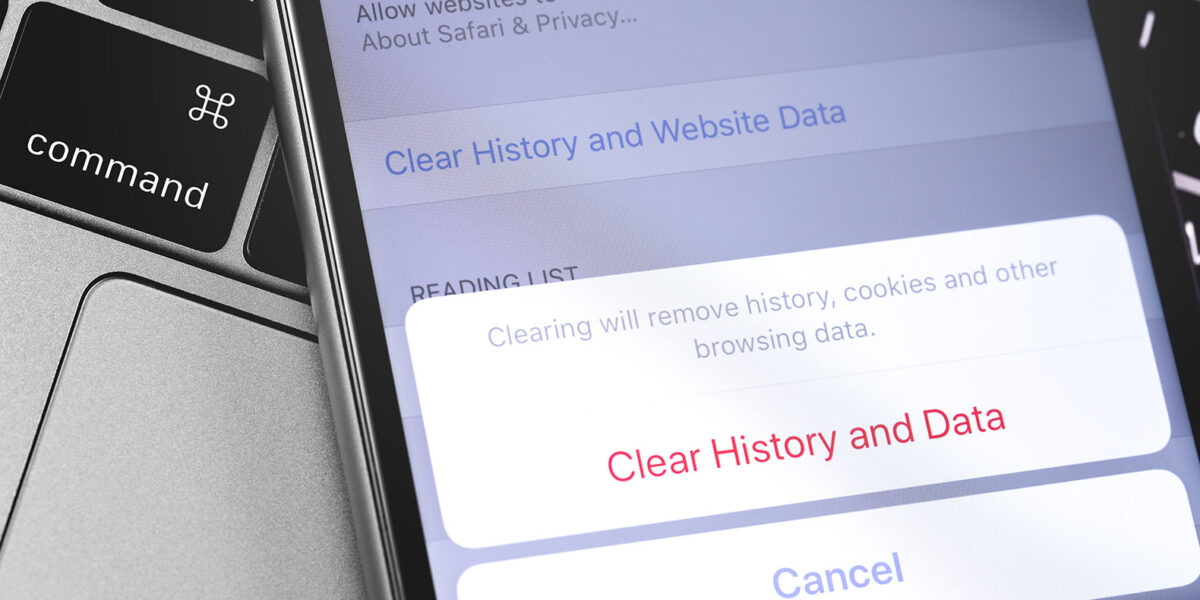Search engine optimization is the key to get more traffic to one’s website. One SEO method is known as geotagging. Although Google ignores this, Bing and Yahoo still support geotagging, which means that using them would still be beneficial for SEO.
What is a Geotag?
A geotag is geographical information that is embedded into an object, whether a photo, a website, or an RSS feed. The process of geotagging, also known as geocoding, is a method of adding these geographical metadata to an object in order for search engines and readers of the page to know its geographical location. These tags are commonly used to indicate the location of a photo or whatever the subject matter of the page is. For example, if you are writing about a festival in Honolulu, then you can add a geotag indicating “Hawaii”.
Adding geotags to a web page is easy. You can use meta tags, specifically the Intercontinental Ballistic Missile (ICBM) meta tag. This tag indicates the latitude and longitude coordinates, such as <meta name=”ICBM” content=”00, 00″ />. You can also use other geo-meta tags to indicate altitude, position, region, or place names, among others. For example, you can indicate “New York” by adding this tag <meta name=”geo.region” content=”US-NY” /> to your website.
The reason why Google ignores these tags is because it’s mostly incorrect. In order to maximize the use of geotags, make sure that you are putting in accurate information. If you copy templates or decide to use pre-existing ones, be careful and check on the accuracy of the information.
Is Geotagging for You?
By adding geotags to your website, search engines find it easier to locate you on the map. This is beneficial in boosting your visibility on local search queries. If you have a local or regional business, then geotagging will be beneficial for you. If you also have a physical location in addition to your ecommerce site, you can benefit from geotags. However, if you have a national or an international business, it won’t be of much help.
If you are a retail or tourism website, then geotagging your web pages is highly recommended. Plus, if your website is tagged early, it is very likely that it can rank higher than your competitors among geotagged search engines, such as Bing.
Some search engines are already using geotagged webpages, albeit in a limited format. Still, when a customer enters their location into the search engine, they will find all web pages that have been tagged near their current location. If you’ve tagged your business properly, then you made it easier for your customers to find you. And with the introduction of GPS for mobile devices, your customers can find your site even if you just provide the latitude and longitude information.
Privacy Issues
One of the main concerns that people consider when they decide whether they would like to use geotags on their web pages is privacy. There are several ways you can protect your privacy as a geotagger:
- Provide only generic information of your location.
- Don’t give out your home phone or personal mobile phone number.
- On your photos, check and double-check all EXIF data.
As a business entity, you may want to maximize your exposure and use geotags more liberally. However, remember to always choose wisely when deciding which information you should be sharing on the web.
















